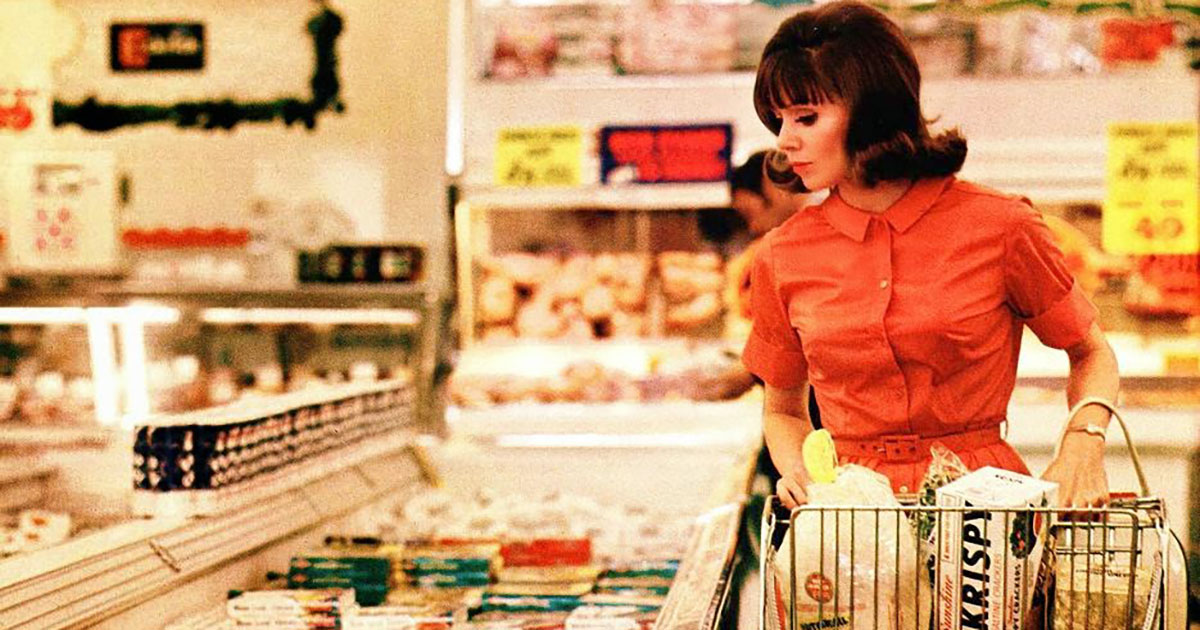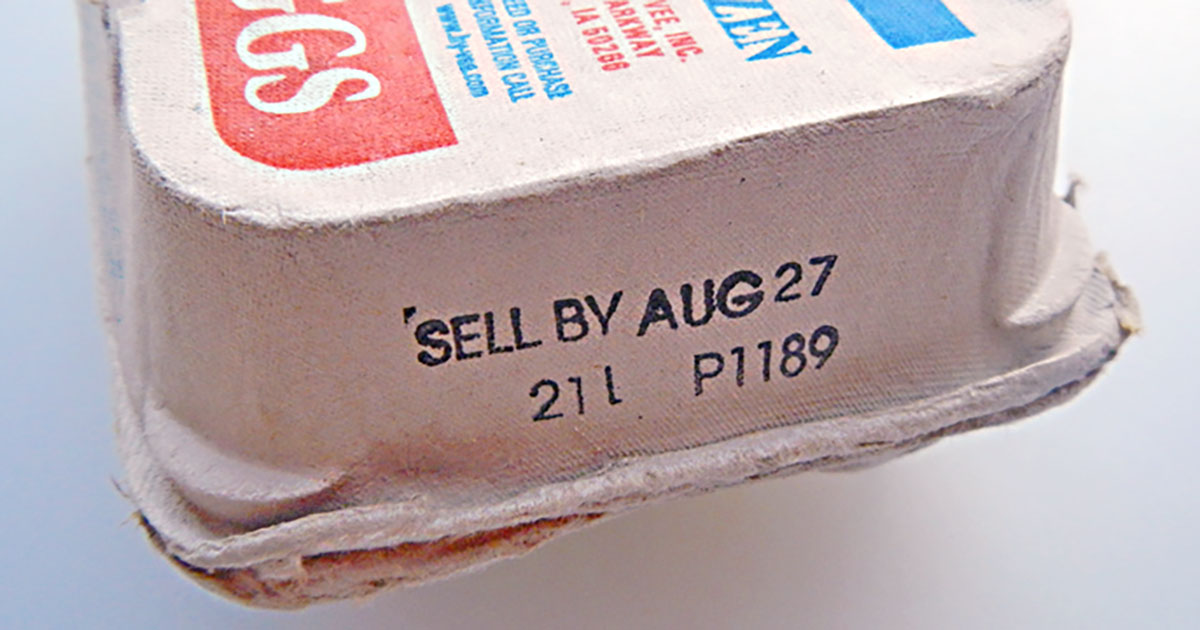Do Expiration Dates Really Matter?
It can be argued expiration dates are contributing to millions of pounds of wasted food per year as many individuals believe once food is past the date stamped on its package, it is automatically disgusting and unhealthy for them to consume. But is this true? Do expiration dates on food truly matter? Let’s crunch out the details and learn the real facts about expiration dates and how the food industry uses these dates compared to how consumers interpret them.
The History Behind 'Use By' Dates

Food dating first emerged in the 1970s prompted by consumer demand as many Americans were producing less of their own food but still wished to know where their food was coming from and its quality. The ‘use by’ or expiration dates often found on foods simply indicate freshness and are used by food producers to communicate to consumers when the product is at its prime for consumption. This essentially means food does not expire or becomes inedible by a certain date.
Food Industry Terminology

‘Use by’ and ‘best’ by’ are dates intended for the consumer to use, and indicates quality, but it is not the date the producer deems when the product has reached its peak freshness, nor does it indicate when food spoils or is unsafe to eat. ‘Use by’ can also mean this is the last date the manufacturer recommends the food be consumed while it is still at peak quality. ‘Sell by’ is the date intended to help manufacturers and retailers and is a stocking and marketing tool ensuring the product receives a proper turnover or is sold quickly so they have a long shelf life after the consumer purchases it. However, many consumers misinterpret this date and base their buying decision on it, when it is not an expiry date.
